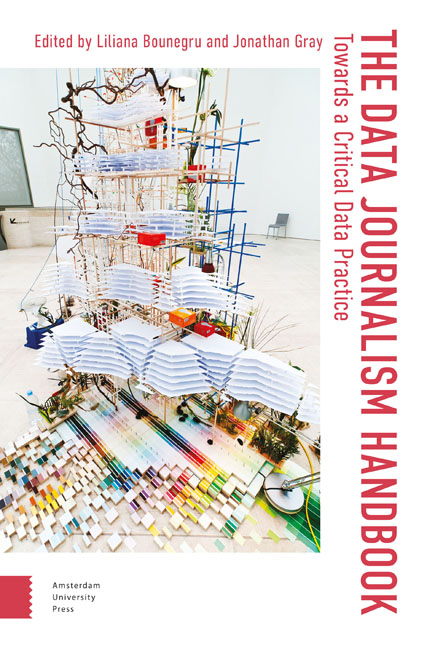30 - Data Journalism Should Focus on People and Stories
Summary
Abstract
The story and the people the story is about should be the sun around which journalism, including data journalism, revolve.
Keywords: storytelling, data journalism, radio, television, data publics, data visualization
As is the case with people, data journalism and journalism share more commonalities than differences. Although data-driven reporting builds on different types of sources which require other skills to interrogate, the thought process is much the same. Actually, if you zoom out enough, you’ll find that the processes are almost indistinguishable.
Known Unknowns
At its core, journalism is the business of making known unknowns into known knowns. The concept of knowns and unknowns was popularized by the US Secretary of Defense Donald Rumsfeld in 2002. At the time there was a lack of evidence that the Iraqi government had supplied weapons of mass destruction to terrorist groups. During a press briefing over the matter, Rumsfeld said:
Reports that say that something hasn't happened are always interesting to me, because as we know, there are known knowns; there are things we know we know. We also know there are known unknowns; that is to say we know there are some things we do not know. But there are also unknown unknowns—the ones we don't know we don't know. And if one looks throughout the history of our country and other free countries, it is the latter category that tend to be the difficult ones. (US Department of Defense, 2002)
Every journalistic process comes down to moving pawns over the matrix of knowns and unknowns. All journalism starts with a question—or, to follow the said matrix, with a known unknown. (You know there is something you don't know, hence the question.) When bootstrapping to move from question or hunch to publication-ready story, the ideal route is to “simply” move all pawns from known unknowns to known knowns. But as every journalist will tell you, reality tends to differ. While researching—either by interviewing people or examining documents or data sets—you are likely to find things you were not aware that you didn't know (unknown unknowns), that require answers, too.
- Type
- Chapter
- Information
- The Data Journalism HandbookTowards A Critical Data Practice, pp. 211 - 216Publisher: Amsterdam University PressPrint publication year: 2021



